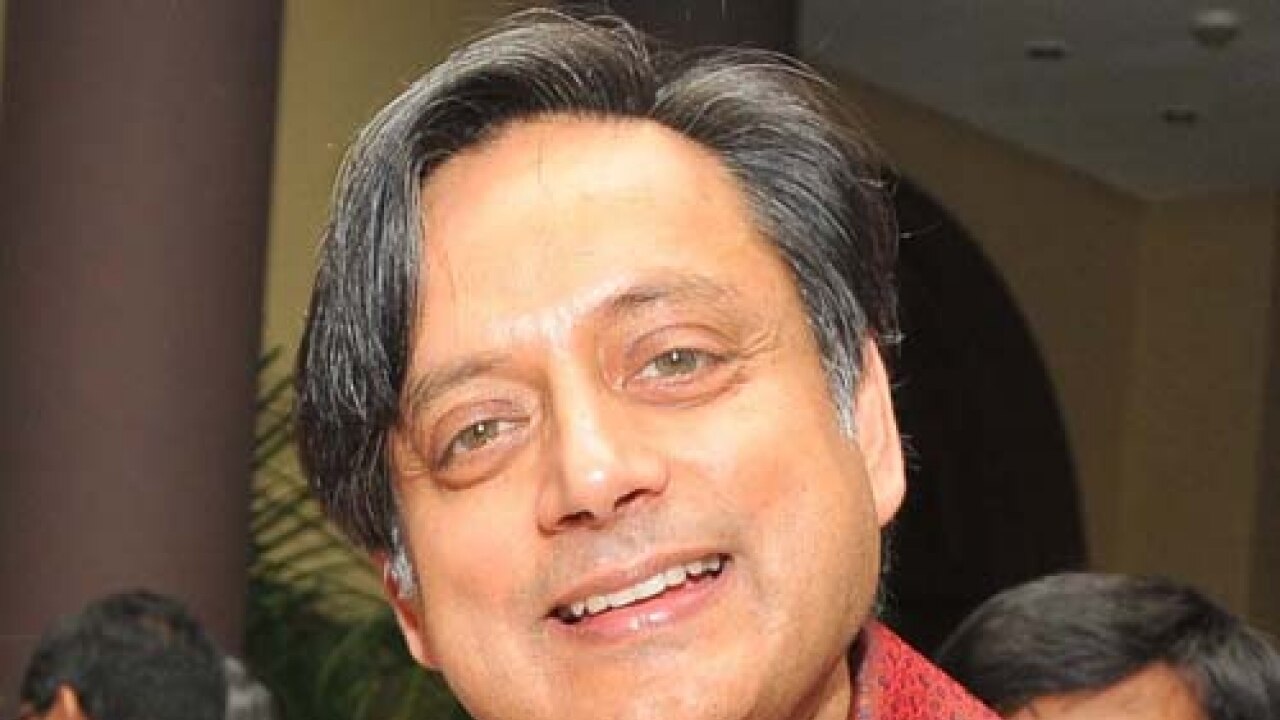
Why did Indian social media revel in Shashi Tharoor’s eloquent arguments at a debate in Oxford union that Britain must pay reparations for its colonial excesses? The point is not to refute or agree with the suave Tharoor or be oblivious to the history of Europe’s colonial plunder. But the collective pride over Tharoor’s comments is misplaced because it emerges from a deep-seated sense of inferiority. By the standards of today, most values and actions of the past (acceptable at the time) would seem morally degenerate. In the twelfth century one ruthless Bakhtiyar Khilji razed to the ground many esteemed institutions of higher learning in what is present day north India — the most prestigious among which was Nalanda University (revived currently amidst some unnecessary controversy).
Many of those who celebrated Tharoor’s comments that modern day Britain must pay for its past (mis)deeds would not exactly spring into action and seek retribution of Bakhtiyar Khilji’s brutality.
Of course, the impact of the actions of Khilji, Mahmud of Ghazni and their likes, no matter how savage, were far more superficial than the depth of the moral offense of British colonialism. But that is not exactly why those who thought Tharoor’s arguments were “cool” would not clamour for justice from the perceived successors of the West Asian invaders.
The Empire crushed our self-confidence, the criminality of which is as grave as the figures that Tharoor shared at the Oxford debate and comforted an upcoming elite India that is seeking a voice in the global arena — the fact that India slipped from 23 to 4 per cent in its share of world economy during the 200 years of colonial rule. Thus, we are not to be blamed for our economic “backwardness”! What is far more serious, however, is that the cultures, structures of thoughts and ways of seeing of our societies were deemed inferior, thanks to the master tropes of the colonial project — democracy, civil society, democratic justice and most importantly progress and development. We perpetually fell short of the high standards set by the coloniser.
In the 1950s, Jawaharlal Nehru asserted self-confidence with a novel idea — non-alignment. That Third World countries like India (the expression, developing nation, was yet to be coined) need not affiliate with either the United States (the “neo-imperial” power of post-War era) or the Soviet bloc and thus be sovereign in real sense. Nehru and non-alignment have long been out of fashion! But have we successfully overcome the cultural legacy of the coloniser? The answer is complex but one can safely claim that there are still so many things about the “superior” culture — from their cities to the elite universities — that we would like to emulate. When one of our politicians promises to make a “London” out of a metropolitan centre, she merely reflects a popular sentiment, albeit in a crude form.
In Britain and the United States there exist an industry of current affairs items that routinely evoke celebrities’ ancestral connections to the Atlantic slave trade and make tabloid news out of their nations’ “dark past”. For instance, it made for high drama recently when it was discovered on the US-reality TV show, Finding Your Roots, that Hollywood star Ben Affleck had slave-owning ancestors. It is this pop culture milieu that ups the appeal of Tharoor’s comments. The collective jubilation is detached from any serious effort to deal with British colonialism, which would mean understanding why certain things about contemporary India (and the rest of the modern world) are what they are and what can be “redone”.
The author recently wrote a PhD in communication studies at Nanyang Technological University, Singapore